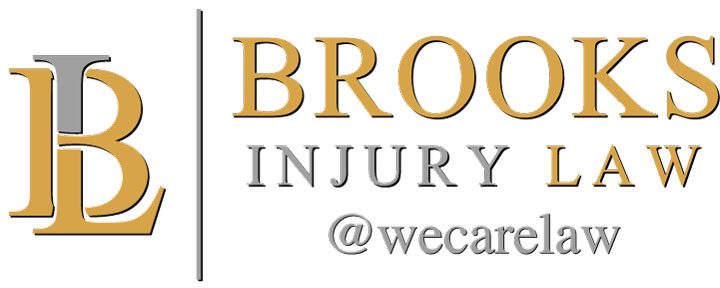How Can You Get Information from a Trucking Company in a Crash Case?
In trucking cases, a 30(b)(6) deposition is a great way to get information from the corporation or company regarding the driver, his/her training (or many times, lack of), as well as the company’s policies and procedures with regard to safe driving and training. You would be surprised how many companies and corporations do not properly train their drivers, and then let them out on the road in these dangerous tractor trailers!
A 30(b)(6) is specific type of deposition where one party seeks testimony from a corporate entity (such as a trucking company) on designated topics relevant to the case.
Here’s a breakdown of how it typically works in this context:
Purpose
- Corporate Knowledge: The deposition us to obtain information from a representative of the trucking company who is designated to speak on behalf of the organization. This representative should have knowledge about the company’s structure, training, policies and procedures, the driver at issue, and the facts of the wreck involved in litigation.
- Clarifying Issues: It helps clarify issues such as company policies on driver training, maintenance protocols for vehicles, safety procedures, and compliance with federal and state regulations.
Topics Covered
- Driver Qualifications: Information about hiring practices, training, and ongoing performance evaluations of drivers.
- Vehicle Maintenance: Policies and records related to the maintenance and inspection of trucks.
- Accident Response: Procedures the company follows when an accident occurs, including reporting protocols and post-wreck investigations.
- Regulatory Compliance: How the company complies with regulations set by agencies like the Federal Motor Carrier Safety Administration (FMCSA).
- Insurance and Liability: Details about the company’s insurance coverage and liability policies.
Process
- Notice: The party seeking the deposition provides a notice that outlines the specific topics to be addressed, which must be clear enough to inform the company of what information is being sought.
- Designation: The trucking company designates one or more individuals to testify on the specified topics. These representatives should have sufficient knowledge to provide comprehensive answers to the deposing party about all of the topicss.
- Deposition: During the deposition, attorneys from both sides ask questions related to the outlined topics. The designated representative responds under oath, and a court reporter records the session. The representative “binds” the company during the deposition, and the testimony given is that of the corporation itself.
Overall, a 30(b)(6) deposition in a trucking case is a vital tool for obtaining detailed information from a corporate entity that may be critical to establishing liability or understanding operational practices that may have led to the accident or incident.
See more videos and helpful tips like this on our YouTube channel.








